US using Ukraine’s NATO membership for bargaining leverage with Russia, says academic
The United States is using Ukrainian membership in NATO for bargaining leverage with Russia, a senior American academic says, ruling out the possibility of Kiev being admitted to the US-led military alliance as the joining issue would constitute a provocation to Moscow amid a protracted conflict between the two sides.
Darren Kew, the executive director of the Center for Peace, Democracy and Development at the University of Massachusetts, made the comments in a phone interview with Press TV on Friday as Russia’s military operation in Ukraine drags on for some 40 days.
Asked whether the expansion of NATO would lead to war and that warnings about the likely consequences of such a move went unheeded, Kew, who is also an associate professor at UMass Boston, followed in West's footsteps to accuse Russia of an “invasion” of Ukraine, saying the issue of Ukrainian membership was being used as a “bargaining leverage” by the US.
“I think that the US has primarily used the question of Ukrainian membership in NATO for bargaining leverage with Russia, but that neither Republican nor Democratic administrations in recent years seriously intended to allow Ukraine to join NATO, knowing what a provocation this would be to Moscow,” Kew told Press TV.
“Ironically, however, Russia’s invasion has now made NATO membership for Ukraine more possible than it has ever been, although I still think it is unlikely Ukraine will be admitted to NATO,” he added.
Kew stressed that NATO expansion is largely an old issue that Russia has lived with for years and quietly adjusted to as long as Ukraine is never admitted.
“I think of greater concern to Russia was the 2014 revolution in Ukraine that brought a more nationalistic, anti-Russian-influence government to power in Kiev, and that government’s intention to seek EU membership,” the UMass Boston professor said.
Asked whether the Russian military operation in Ukraine indicated that a new world order was in place, Kew said Moscow’s military campaign would undermine the US domination and push Kiev further toward Brussels.
“In terms of a new world order, you could certainly argue that the invasion has demonstrated that a new world order is already in place: a world in which the United States plays less of a dominant role, and a world in which China can offer a possible check and balance to the power of the United States,” Kew said.
“Yet, the Russian invasion may also prompt the EU to come together as a more cohesive actor and flex its muscles more than in the past, such that a US-EU power bloc (within NATO and beyond) may begin to work together more comprehensively to contain Russian aggression and pursue other common goals in the Middle East and elsewhere.”
During his interview with Press TV, Kew resembled Moscow’s military campaign to the invasion of Kuwait by the former Iraqi dictator Saddam Hussein in 1990.
“The Russian invasion is a major threat to world peace and global stability similar to Saddam Hussein’s invasion of Kuwait. You could perhaps argue at the time that Iraq had some legitimate economic issues for which Kuwait was responsible, but none of those were any justification for Iraq’s invasion,” the senior academic said.
“Similarly, whatever concerns Russia has about Ukraine tilt toward the EU or its relationship with NATO,” he added.
The executive director of the Center for Peace, Democracy and Development at the University of Massachusetts also ruled out the possibility of the Ukraine war going nuclear and said the chance of nuclear war was remote.
“At this point, I believe the chance of nuclear war is remote. The Western governments would never fire nuclear weapons first… Moscow knows that if it fired such a weapon at any Western countries it would be attacked with them as well, and Russia firing nuclear weapons at Ukraine does not serve Russian interests,” Kew said.
“If the war with Ukraine drags on for a long time and Russia grows desperate, one could imagine a scenario where (Russian President Vladimir) Putin contemplates use of smaller tactical nuclear weapons on Ukraine to break a stalemate, but even that seems remote and carries extreme risks for Russian troops almost as much as Ukrainian ones,” he added.
On February 24, Putin announced a “special military operation” aimed at “demilitarization” of the Donetsk and Lugansk regions in eastern Ukraine. In 2014, the two regions declared themselves new republics, refusing to recognize Ukraine’s Western-backed government.
Announcing the operation, Putin said the mission was aimed at “defending people who for eight years are suffering persecution and genocide by the Kiev regime.”
The engineering feat behind Iran’s record gas output
VIDEO | Press TV's news headlines
Freedom of speech, right to protest under assault in UK
Border guards seize cache of weapons, ammunition near Iran-Afghanistan border
Grok to power classified programs as Musk's xAI secures deal with Pentagon
Iraqi FM tells US envoy: Government formation ‘internal matter’
Israel killed Gaza aid workers in ‘execution style’ massacre in 2025: Report
Participation shrinks at Israeli arms expo in wake of Gaza genocide: Report


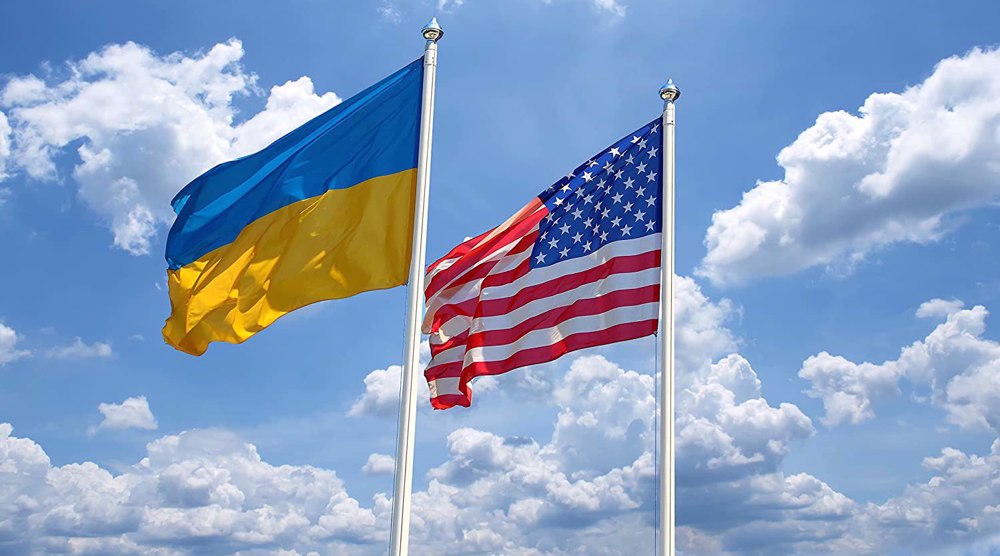
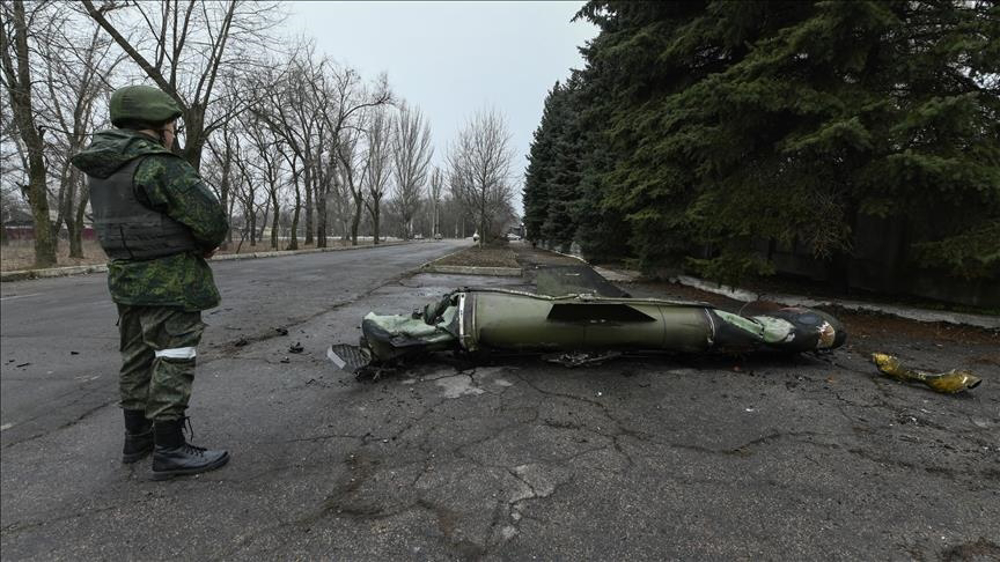
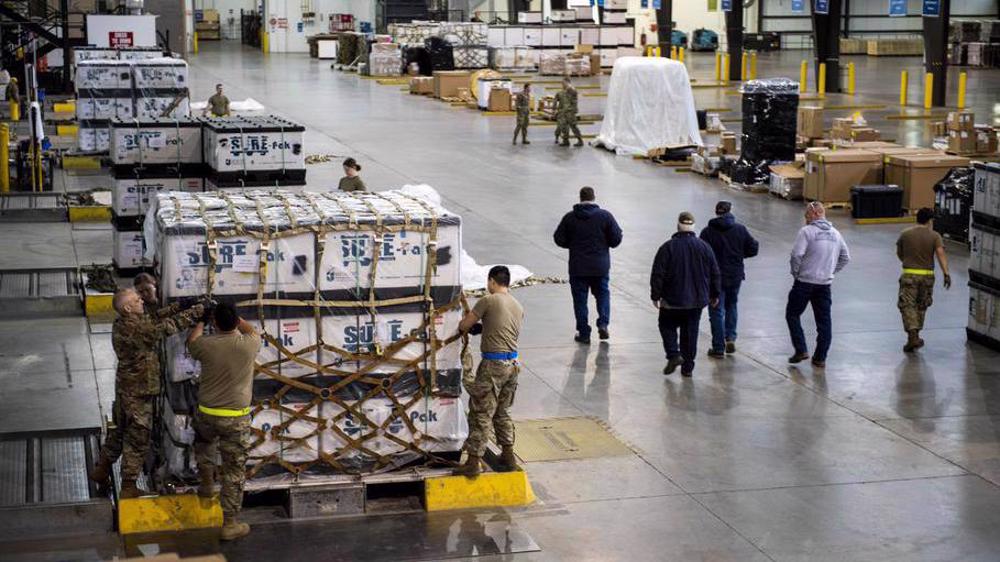
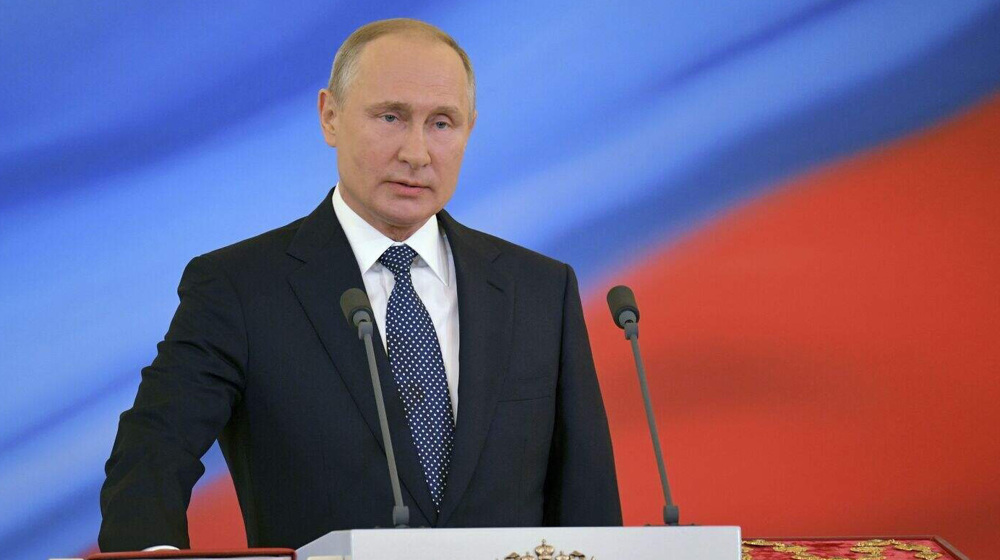
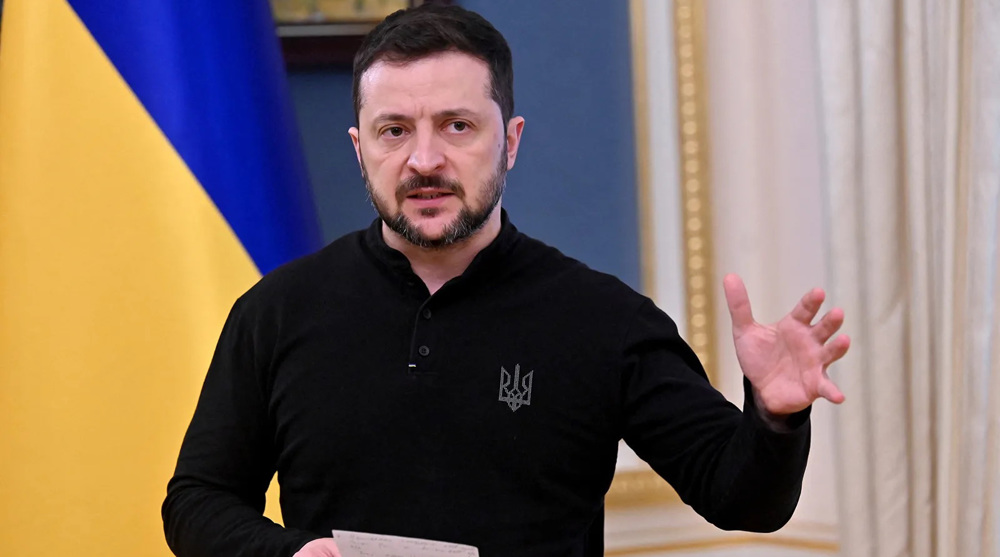
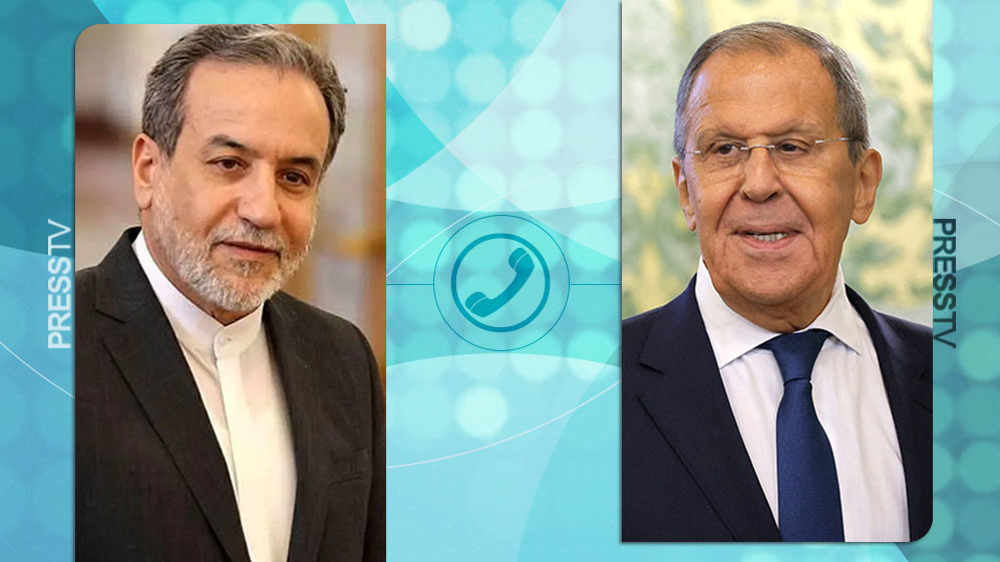




 This makes it easy to access the Press TV website
This makes it easy to access the Press TV website